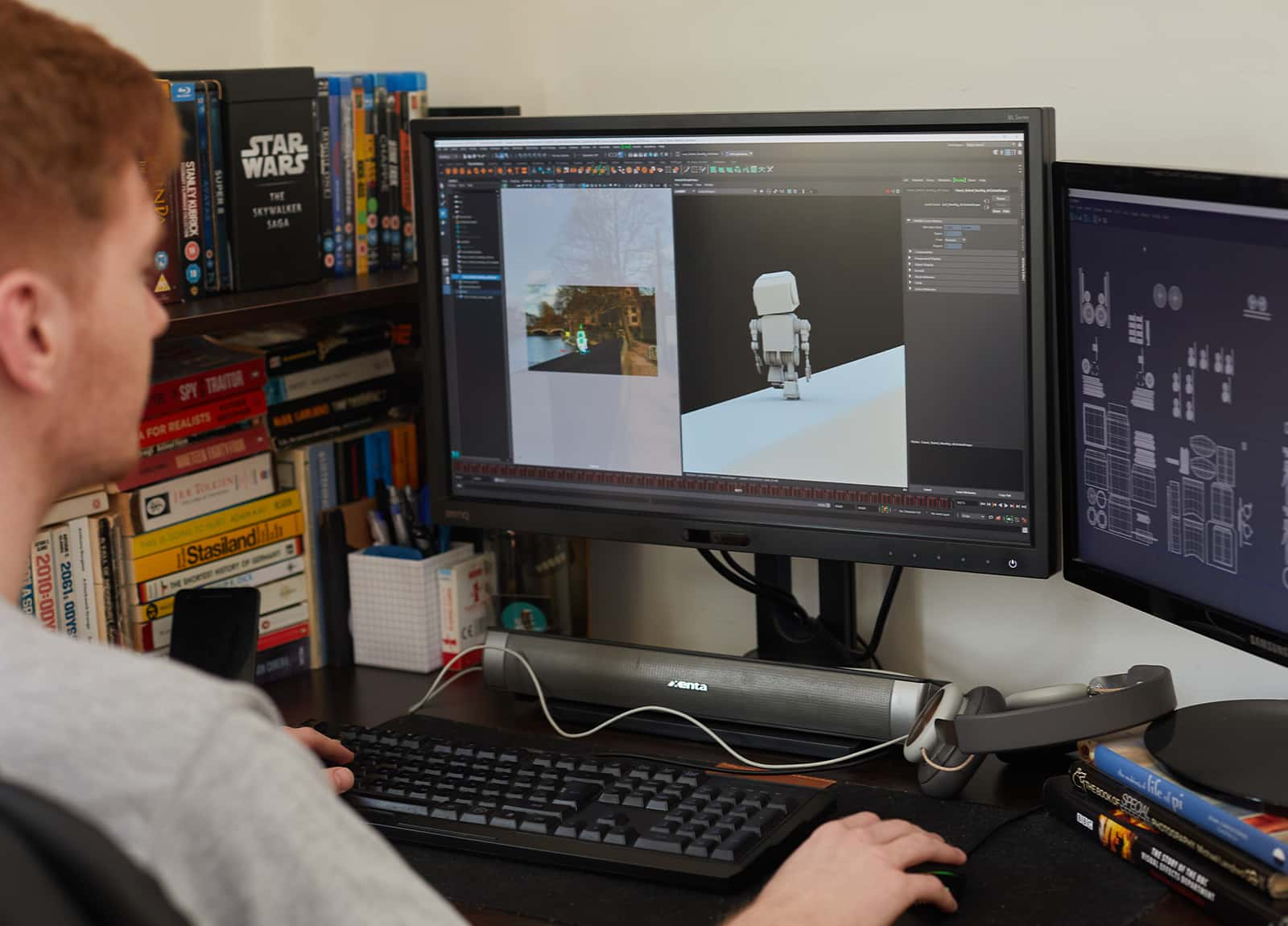
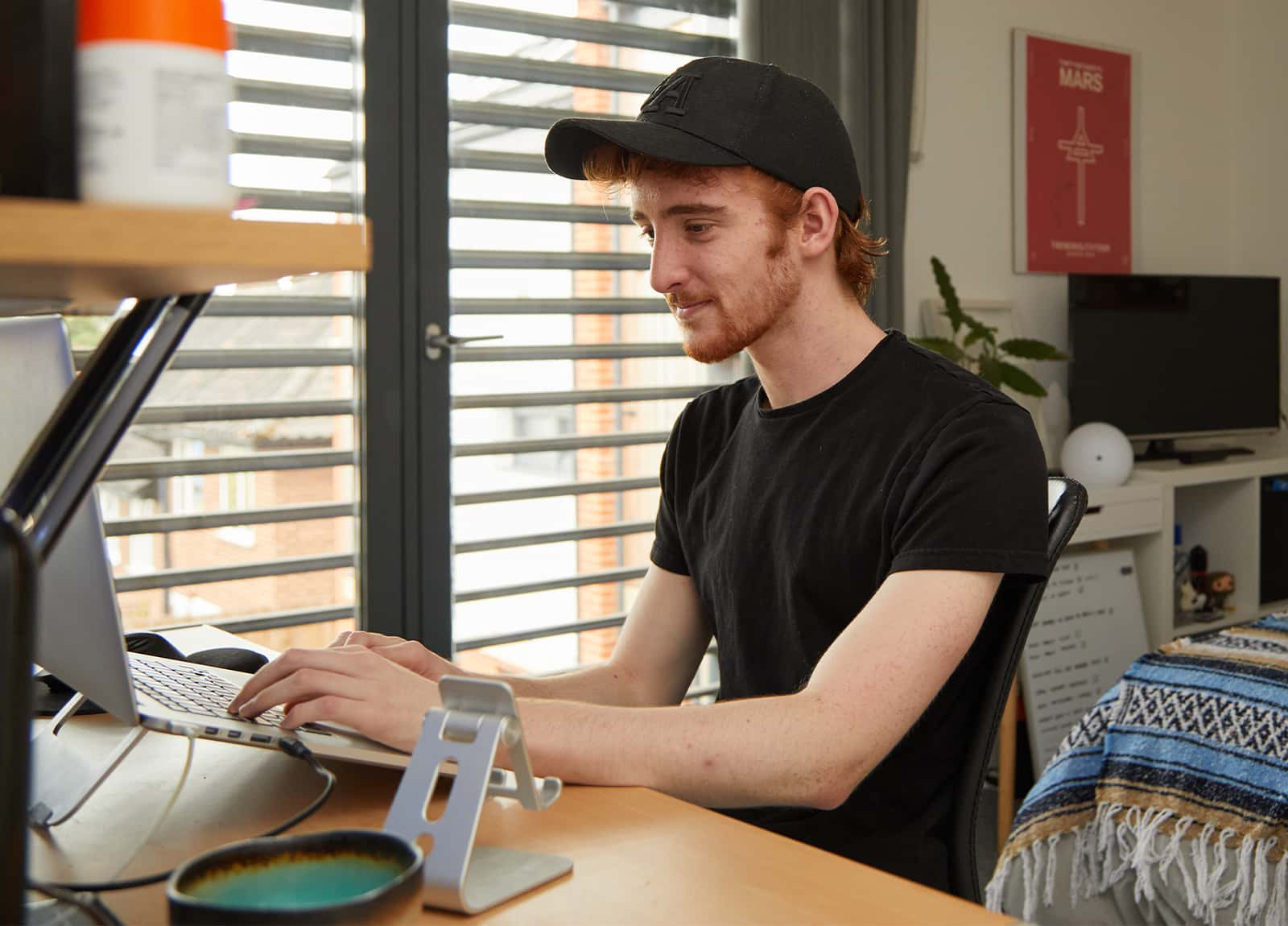

Short Courses
Norwich University of the Arts’ short courses help to fill skill gaps in the creative and technological industries, providing you with the opportunity to develop the skills needed for the next step in your career.
Norwich University of the Arts’ short courses provide you with the opportunity to develop the skills needed for the next step in your career. Our forward-thinking short courses have been designed to offer focused study into key subject areas for the creative industries of the future.
Teaching is entirely online and on-demand to allow flexibility with your other commitments, and you will have access to our offering of creative facilities and an extensive range of software, for the duration of your short course.
What are Short Courses?
Short courses typically take up to a year to complete and offer a shorter study option than a more traditional undergraduate or postgraduate course. Our short courses are delivered entirely online and are on-demand and designed specifically for remote study.
You will have feedback from your course tutors and opportunities to virtually meet your fellow students. The course content is ‘on-demand’ meaning that you can access the content at a time and pace that suits you. Many students balance a short course alongside full-time work and other responsibilities.
Why study a short course at Norwich University of the Arts?
Norwich University of the Arts has a strong record of graduate employability, with graduates forging successful careers across the arts — from fine art to visual effects.
We are a specialist arts, architecture, design, and media university with a campus in the heart of the creative quarter of Norwich.
Students join a community that sparks with creativity at a university renowned for its teaching quality, industry-standard facilities, and high student satisfaction.
Benefit from our creative facilities and digital resources, including remote use of our software and access to our physical creative spaces and workshop areas.
-
Visit the Basics of Creative Coding (Level 4) course page

- Filter courses by study level: Short Courses
- Filter courses by duration: On-demand
- Filter courses by start month: April
- Filter courses by subject: Creative Coding
Basics of Creative Coding (Level 4)
Level 4 Basics of Creative Coding is a new online short course for anyone who is interested in developing creative programming skills, either as a way of getting a job in this area, or as a first step into higher education. It has been designed in collaboration with employers to ensure that it is industry focused. If you are looking for opportunities in the working world of software development and have either completed a Level 3 qualification or can show through your experience that you are ready to start the course, this course could be the right course for you. No previous experience of computer programming is necessary.
-
Visit the Creative Coding (Level 6) course page

- Filter courses by study level: Short Courses
- Filter courses by duration: On-demand
- Filter courses by start month: April
- Filter courses by subject: Creative Coding
Creative Coding (Level 6)
Develop creative programming skills, either as a way of getting a job in this area, or as an introduction to a full MA or MSc course.
-
Visit the Introduction to UX Design (Level 6) course page
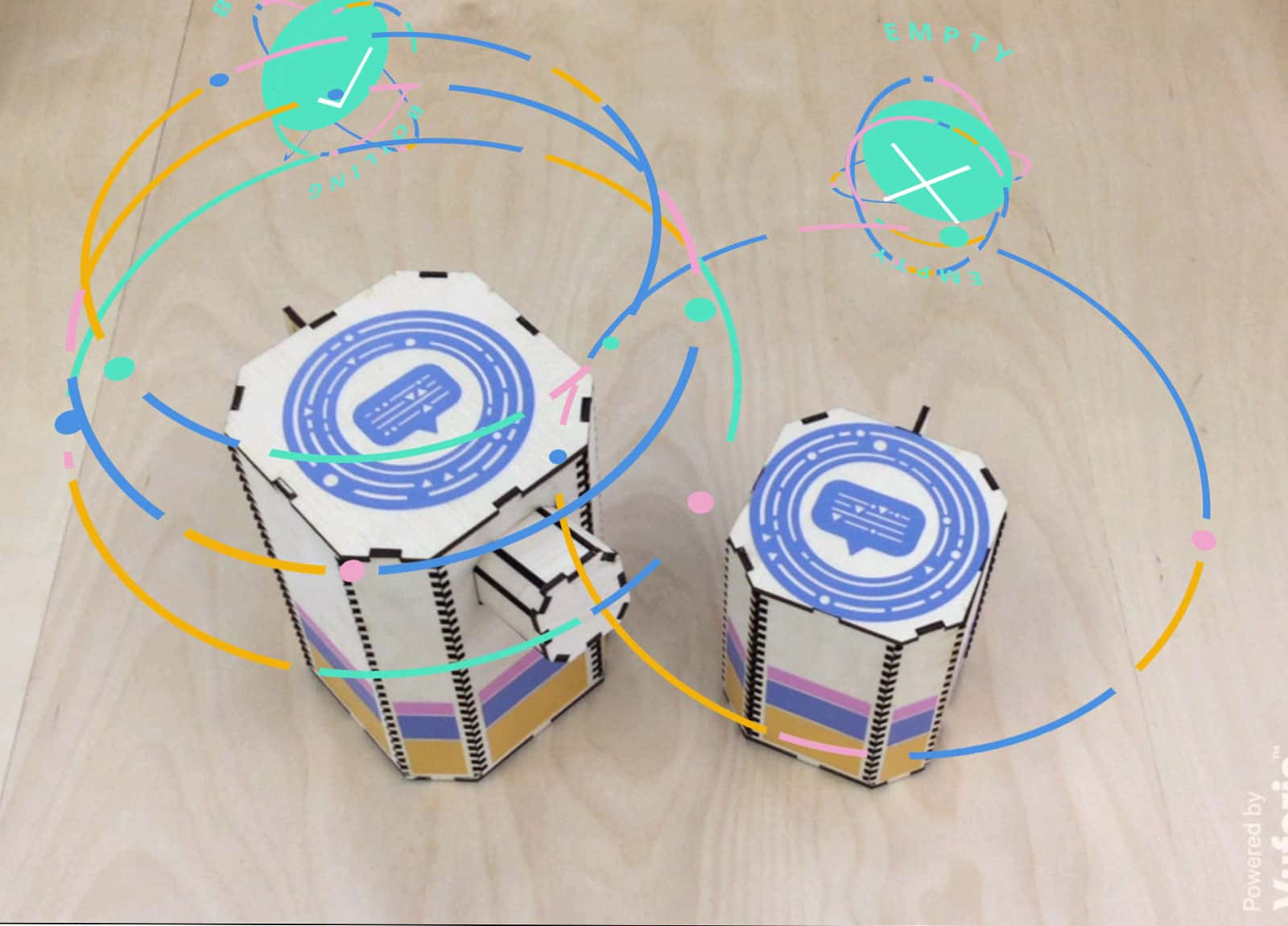
- Filter courses by study level: Short Courses
- Filter courses by duration: On-demand
- Filter courses by start month: April
- Filter courses by subject: User Experience Design
Introduction to UX Design (Level 6)
Level 6 Introduction to User Experience Design is a new online short course for anyone interested in developing creative design skills, either as a way of getting a job in this area, or as an introduction to a full MA or MSc course.
Need help? Chat to our friendly recruitment team
To book a place on an Open Day, or to find out more about how to apply for a course at Norwich University of the Arts, email us or give us a call.
Short courses
-
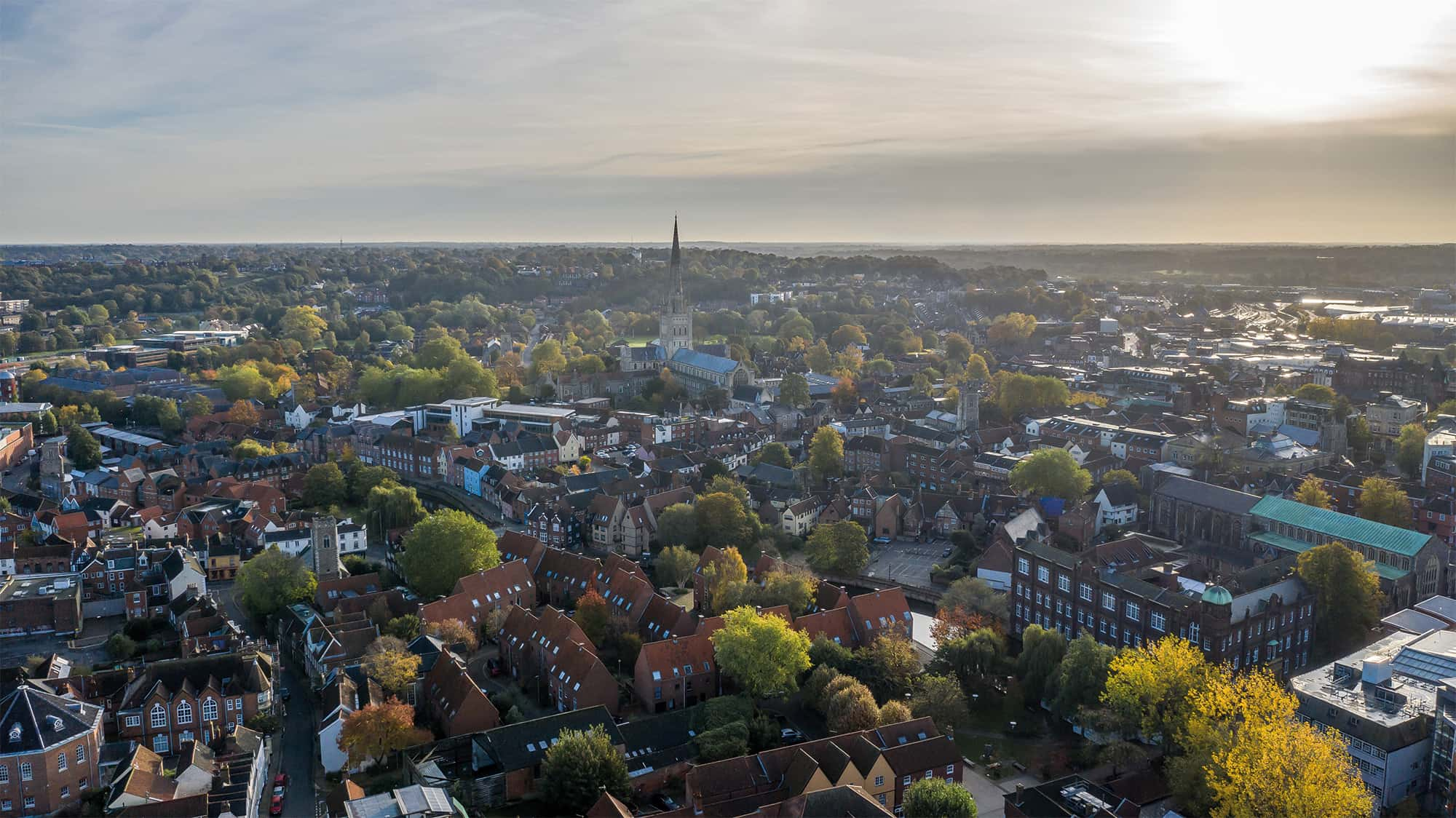
Why study with us
We believe we can help you to build the future you want. With our support and your determination, we are ready to shape the world. -
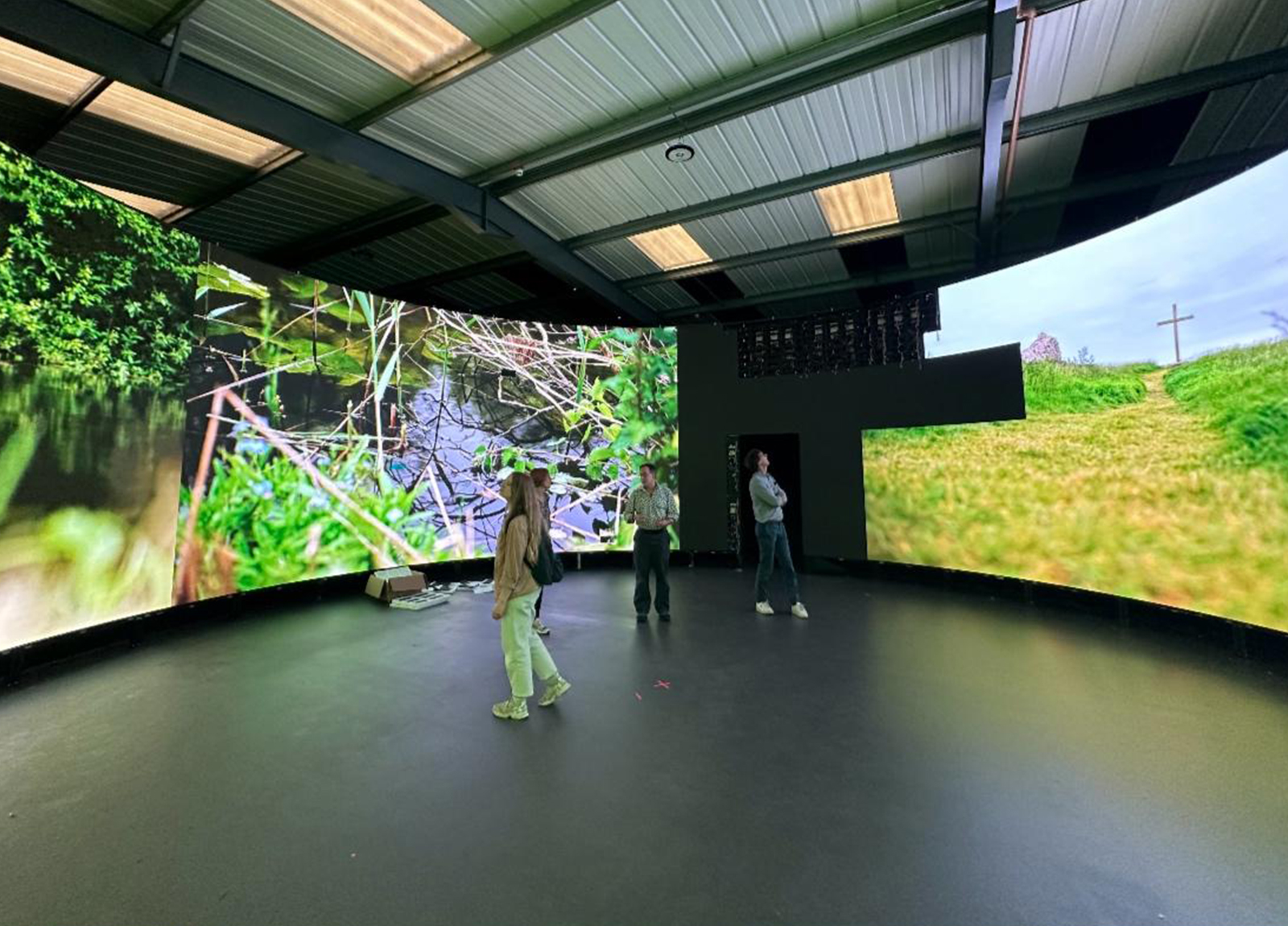
Undergraduate study
Find out everything you need to know about studying an undergraduate degree at Norwich University of the Arts -
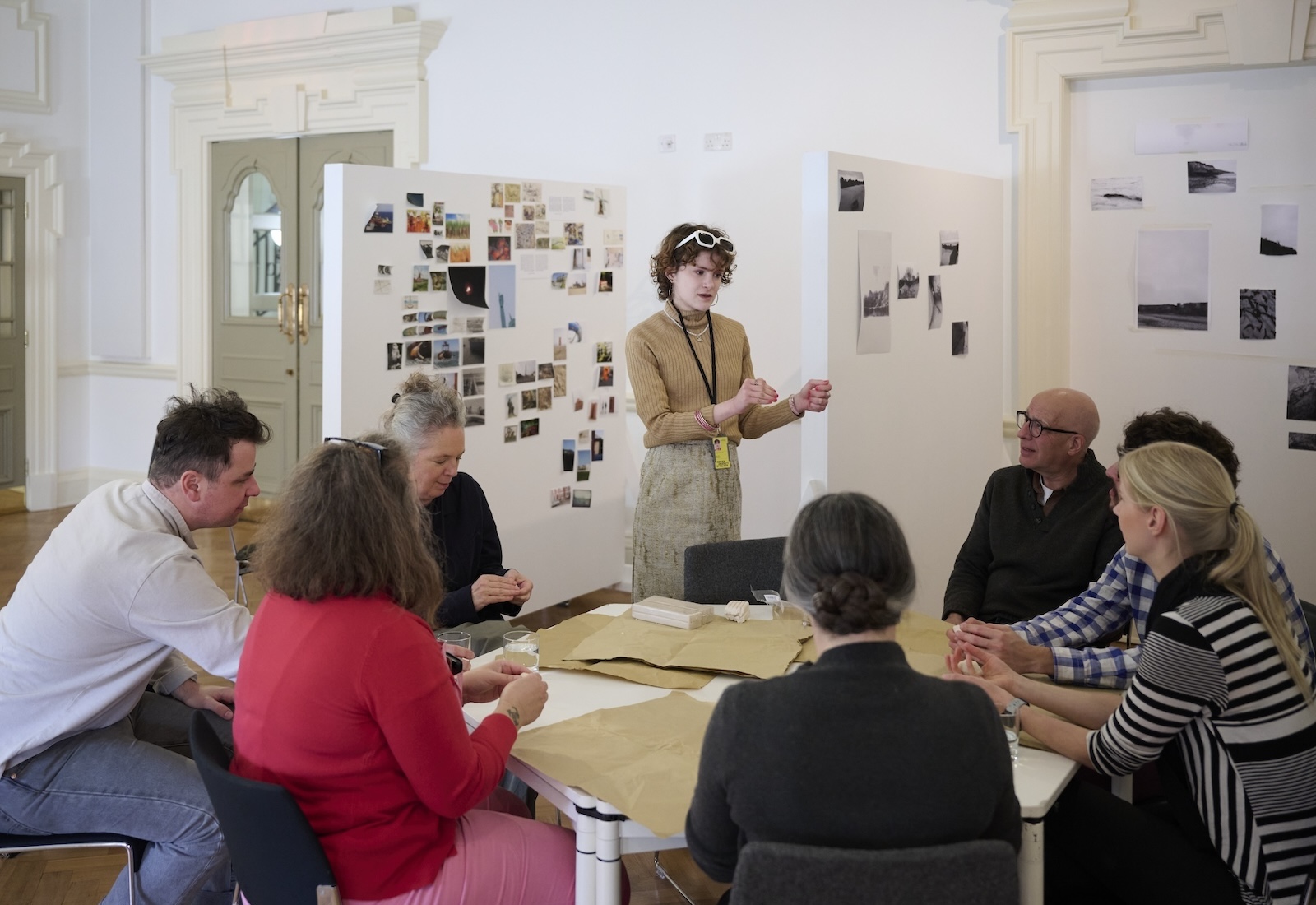
Research Degrees
We encourage applications for practice-based and/or written research degrees in arts, design and media disciplines. -

Life in Norwich
Norwich sparks with creativity. It’s one of Britain’s greenest cities, safest places, and with a thriving arts, music and cultural scene.